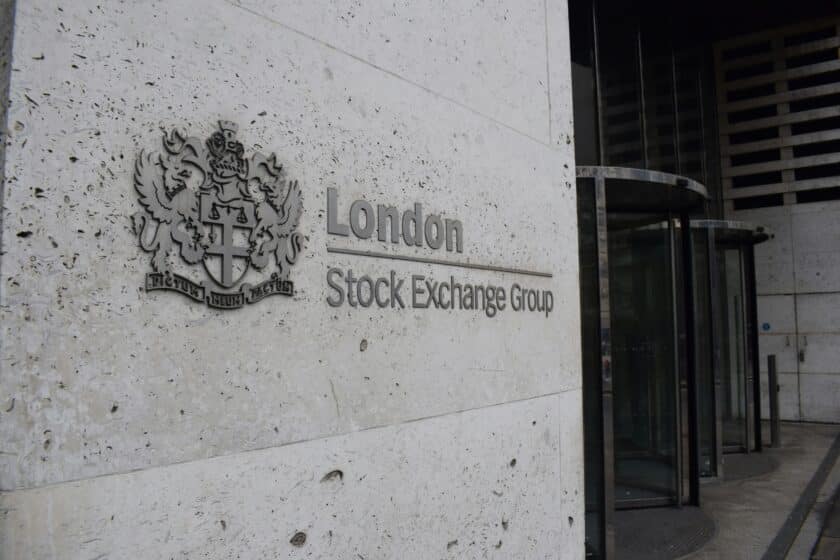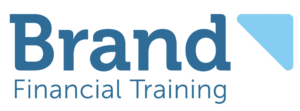In this month’s article in association with Brand Financial Training team, where we aim to help paraplanners revise for exams and refresh their knowledge, we look at the key information needed when clients wish to invest in shares.
Investing in shares has long been a popular way to build wealth over time with returns coming from income in the form of dividends and capital growth on the share values.
Buying shares is relatively easy to do with various online platforms to choose from but there are of course costs to be aware of.
When placing an order, investors will be given a choice of two main types:
- Market Order: this is where shares are bought at the current market price. The transaction is guaranteed but the exact price cannot be controlled.
- Limit Order: this is where shares are bought only if they reach a specified price. With a buy limit order, the order can only be executed at the limit price or lower. With a sell limit order, the order can only be executed at the limit price or higher. These orders are not guaranteed to be executed like a market order is.
Costs
When buying shares in the UK, there are various costs that investors should be aware of.
• Commission: Whether buying or selling shares, commission must be considered. This can be charged as a flat fee per trade or a percentage of the trade value and can vary significantly depending on the platform.
- Flat fee: These are fixed fees per trade, regardless of the size of the transaction. For example, the fee could be £10 per trade which might be reduced if more than 10 trades are made per month and reduced again when this increases to 20.
- Percentage-based fee: These are calculated as a percentage of the value of the transaction. For example, a fee of 0.5% means £5 will be paid on a £1,000 transaction.
• UK Stamp Duty: This is charged only when buying shares in UK-listed companies. If shares are bought electronically, Stamp Duty Reserve Tax (SDRT) is charged and if using a stock transfer form, then Stamp Duty is levied but only where the transaction is over £1,000. The charge is 0.5% of the purchase price of the shares. For example, if £1,000 worth of shares are bought, the Stamp Duty/SDRT will be £5. However, Stamp Duty does not apply to shares bought in Exchange Traded Funds (ETFs), AIM-listed shares or foreign shares outside of the UK (but there could be other charges to consider).
• PTM (Panel on Takeover and Mergers) Levy: this is a flat rate regulatory charge of £1.50 on UK share deals (purchases and sales) over £10,000.
• Spread: The spread refers to the difference between the buying price and the selling price of a share. Whilst this is not an explicit fee, the spread represents a hidden cost to investors. For shares that trade frequently, the spread is very small. For example, at the time of writing, the sell price for Marks & Spencer Group PLC is 340.40p and the buy price is 340.70p.
• Foreign exchange ‘margin rate’: If shares are being bought in companies listed outside of the UK, funds may need to be converted into foreign currency. The margin rate is a percentage added on to the exchange rate between the currency being used and the one that the share is listed in; this can range from 0.5% to 2% of the transaction value. Generally speaking, the more currency that is being converted the lower the margin rate charge.
• Platform Fees: Investment platforms will charge an annual fee to maintain investors accounts. These fees can be fixed or based on the value of the portfolio. For example:-
- Fixed fee: A flat annual fee, such as £45 per year.
- Percentage-based fee: A fee based on the value of holdings, typically ranging from 0.1% to 0.45% per year.
Other considerations
• Income Tax: Dividends from UK shares are taxable, although the first £500 of dividends is tax-free because of the dividend allowance which every investor is eligible for. Dividend income above £500 is taxed at the investor’s marginal rate which is 8.75% for a basic-rate taxpayer, 33.75% for a higher-rate taxpayer and 39.35% for an additional-rate taxpayer.
• Capital Gains Tax (CGT): Any profits made from buying and selling shares may be subject to CGT. Investors do have an annual exempt amount of £3,000 but once this has been exceeded CGT is charged at 18% for basic-rate taxpayers and 24% for the higher-rate and additional-rate taxpayers. Investments held within ISAs or SIPPs are of course not subject to CGT.
Conclusion
Buying shares can be a great way to grow wealth, but it’s important that investors are aware of the various costs involved as well as the risks.
About Brand Financial Training
Brand Financial Training provides a variety of immediately accessible free and paid learning resources to help candidates pass their CII exams. Their resource range ensures there is something that suits every style of learning including mock papers, calculation workbooks, videos, audio masterclasses, study notes and more. Visit Brand Financial Training at https://brandft.co.uk
Main image: oliver-hale-coRz43dDXC4-unsplash































